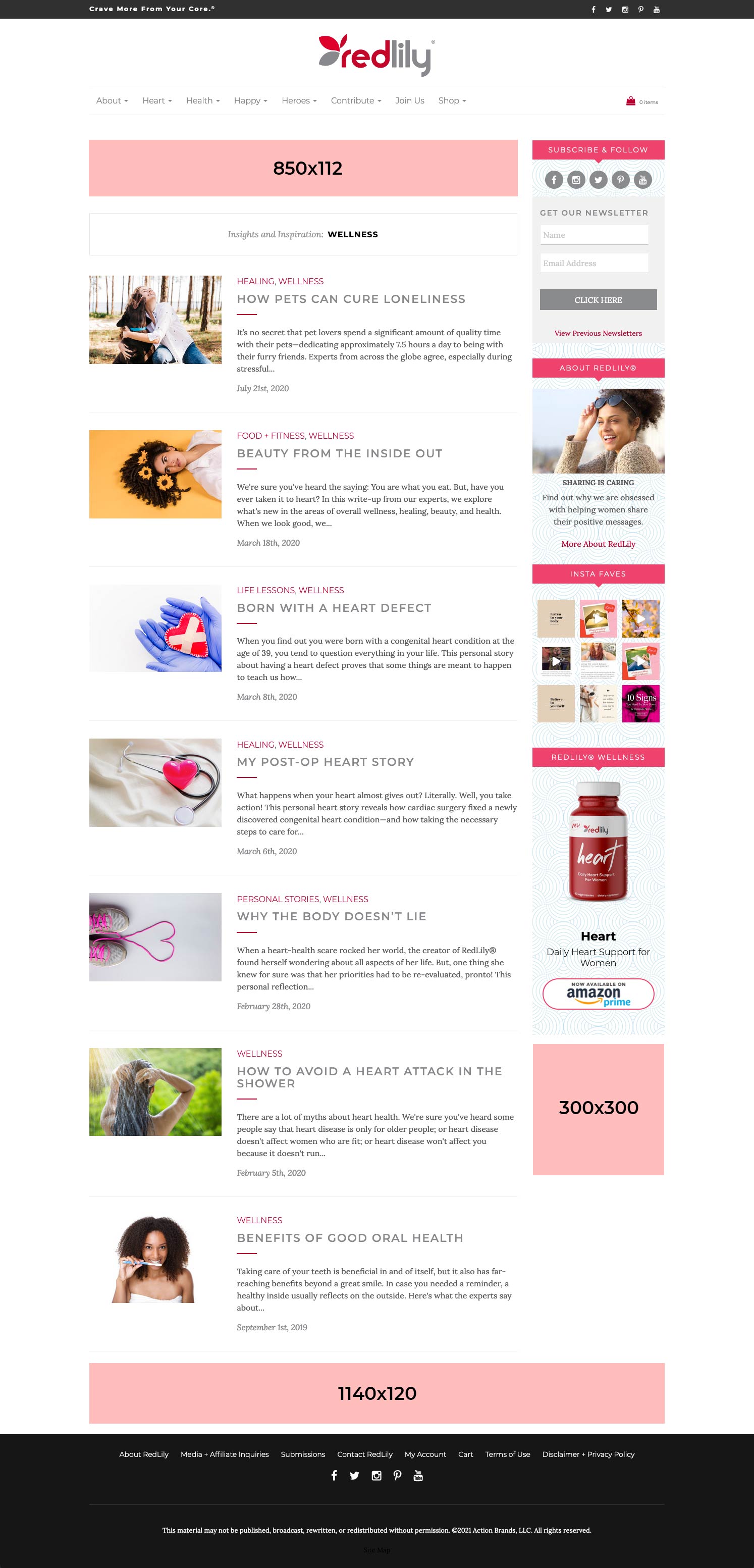When you have a teenager in the house, there’s bound to be some turbulence now and again. We know, parenting can be tough! That’s why we are grateful to hear from Carolynne Malinowski on why being present during those pivotal moments is crucial to your relationship moving forward.
“Being Present With Your Teen”
My daughter Katelyn is 14.
She has long, thick blonde hair, blue eyes and an effervescent personality. She is street smart for her age and is an extravert by nature. Make up, dance, and shopping are her passions. Katelyn is fiercely loyal to her friends and has a bit of sass that is more playful than it is cheeky.
In a nutshell, she is a very typical 14-year-old girl with insecurities, passions, desires, and much love for her family and friends. With her friends, she drives the conversations, a natural leader; and with her family, she is a bubbly burst of energy. Her laugh is contagious, and her smile stretches from ear to ear with dimples.
I can always tell when she is on edge or something has happened that has irked her—she gets defensive, short with comments, and her overall energy shifts to being guarded and quiet.
She is not like me where I tell the world everything—like when I am having a great day, or a bad one…
I share my thoughts and feelings easily; and have an innate need to engage my family with everything, so as a result, I ask a lot of questions. Lots of questions. Katelyn is different than me in that way.
She keeps personal thoughts to herself unless it is at a moment where she feels she is in control of her surroundings and her audience.And most of the time, she chooses not to share what is going on in her world. Too many questions will shut her down; where I am lucky if I get one-worded answers.
While I witness the young woman evolve before me, I have followed all those words of wisdom from family, friends, and relationship gurus about “how to talk to your teen” successfully. They say to always ask open-ended questions—probing questions—and to be genuinely interested in what is going on in her life. Well, I try.
Honestly, it feels like a Filofax of presentation cards being flipped through in my mind as to what questions I should ask her—all while I take note of my body language, my tone, and try to remain nonjudgmental, friendly, open etc.
As a parent, it’s a lot to think about all at once. One wrong move, and I could be back at square one with unprecedented distance between us.
Reality check: I am not the type of parent who believes my kid is perfect and tells me everything—and that we have a perfect relationship. I believe that Katelyn tells me snippets of drama that happens in her life, and on a rare occasion, I hear about deeply meaningful thoughts and activities happening within her circles.
When these opportunities happen—where she opens the door for me to her world—I cautiously pounce to engage. By cautiously pounce, I mean that I ask her the right questions and am super aware of what she tells me and how she responds. And, depending on her answers, I can gauge if she is going to open up further with her thoughts and feelings. I love these moments and treasure them, however, the number of times this has happened is maybe a handful.
We have had open conversations about drugs, bullying, and various components of relationships.
Now, I’m not going to say that parenting Katelyn is easy.
There are obviously some challenging days and moments where my jaw drops in frustration. Yes, I admit, I have been known to will my mouth shut and not make a situation worse.
I also know there is a fine balance between being the parent and guiding my kid through tough conversations—and being a parent who wants to fix everything.
Of course, I always want to listen and “fix” and give my opinion, so I try to do this in a creative way. I ask questions that make her think about the situation at hand and allow her to make the correct decisions for her. After all, it’s her path.
I decided to write about this topic for RedLily because I feel it’s important for other parents to know they are not alone. I know first-hand that it’s very hard not to get involved the way we may want to initially—and to not make rash “adult” decisions for our kids.
Tools for parents on being present
While reflecting on this, I wanted to share a specific example to demonstrate what I am talking about. This actually happened recently.
First off, I am always up for reading and learning something new, so when there was an opportunity to watch five short videos with the intent of providing parents with tools to build stronger relationships with their teens, I decided to jump right in.
The first video focused on being present. It sounds simple and kind of basic, however, I realized quickly that there is so much more to this one simple goal. Here’s what I learned about meaningful conversations:
- Listen: Look your teen in the eye and really listen.
- Be truly accessible: Commit to being completely there for her. Put down your phone!
- Focus: Don’t think about anything else that happened to you that day. Throw your bad day at the office or your grocery list out the window for the time being. It’ll be worth it.
Being truly present with my teen also means being open to dialogue at any moment. Like when Katelyn is simply asking me a question, or if she’s laughing, or just sitting in the same room with me—I have to put down what I am doing and focus on her needs if she starts talking.
In other words, I have to be accessible and willing to engage in an instant. And crazy enough, this also means that I have to breathe.
For instance, if a time arises where I need to be cautious of my answers—or if I have to engage in a conversation that I wasn’t necessarily expecting—I must be prepared mentally and emotionally.
As a parent of a teen, we know these times don’t come up that often, so take advantage when they do. Always think before you act, take a minute before you speak, and get grounded in that moment.
After learning these few things, I believe I am pretty good in the field of accessibility. Katelyn is on her phone more than I am and whenever she talks to me now, I look her directly in the eyes, and I do believe that I am completely present. (Well okay, most of the time I am present… we’re all human!)
Think before you act
The part that really resonates with me from my learnings is that I am now able to take a deep breath when I need it the most. Here’s another example.
One morning, I went into Katelyn’s room to let her know that it was time to get up. She was barely awake and had her phone in her hand. Her energy was off, her tone was off—and I knew something was off.
So, I asked her:
“Are you ok?”
She hesitated, “Yup. I’m fine”
In a nanosecond, a flurry of thoughts went through my head…Something was up, I could tell.
Immediately, I thought to myself:
What do I say?
Do I ask her the tough questions?
Should I tell her that I know something is wrong and I want her to tell me?
Do I tell her that whatever is going on she can handle it?
Do I…?
Well, you get the picture.
So, I took a breath.
“OK sweetie,” I said in my most calming voice.
“If anything is wrong, you can talk to me and I can just listen if you need me to.”
“I’m fine,” she replied. “But thanks, Mom,”
And that was end of conversation.
But, here’s the magic…
That night, Katelyn came home from dance, and rather than going immediately on her phone, she curled up beside me on the couch. Just quiet. Then she looked up at me, smiled, and said, “I love you, Mom”.
And for me, those few words were all I needed in order to know that I had done something right.
She finally heard me, and I heard her.

About the Author: Carolynne Malinowski is a mom, wife, and food lover.
Editor’s Note: For those of you who are interested in the parenting video series mentioned in this piece, visit The Institute of Curiosity.
Bonus Offer:
Use the following discount code for $10 off the course: CURIOUS10



Thank you!
Thank you for visiting our site. We hope our content resonates in some way and touches your heart.
Being a mother of two teenage boys, I can totally relate. I often want to have all the answers, but understand that’s impossible as I’m learning how to speak “male”. I’ve learned it’s ok to give them space. Something that was foreign to me being a woman! Lol We don’t stop talking! Lol But, I always let them know I’m always here for them, no judgement, no bias, just a mom who loves them unconditionally.
Thanks for sharing Carolynne!
Thanks for your comment, Lisa. It’s true, being a mom of teens is hard. It can be difficult to distinguish between being their mom and being their friend, too. We’re positive you’re doing a great job! Thanks for reading.